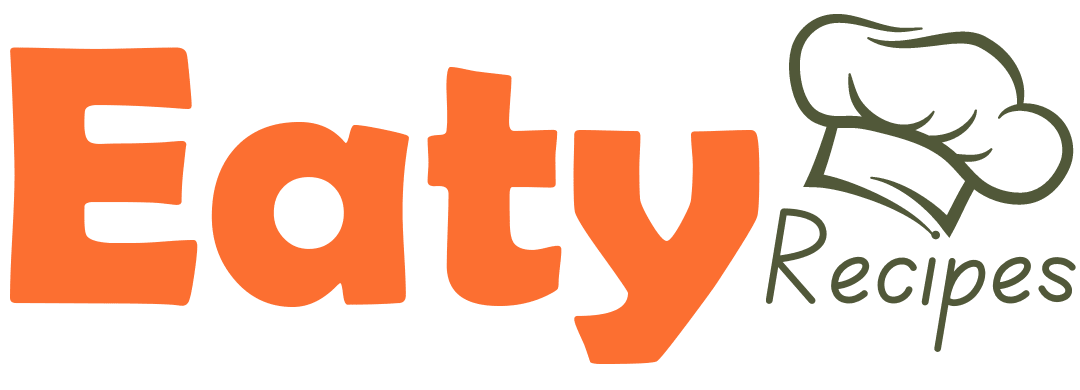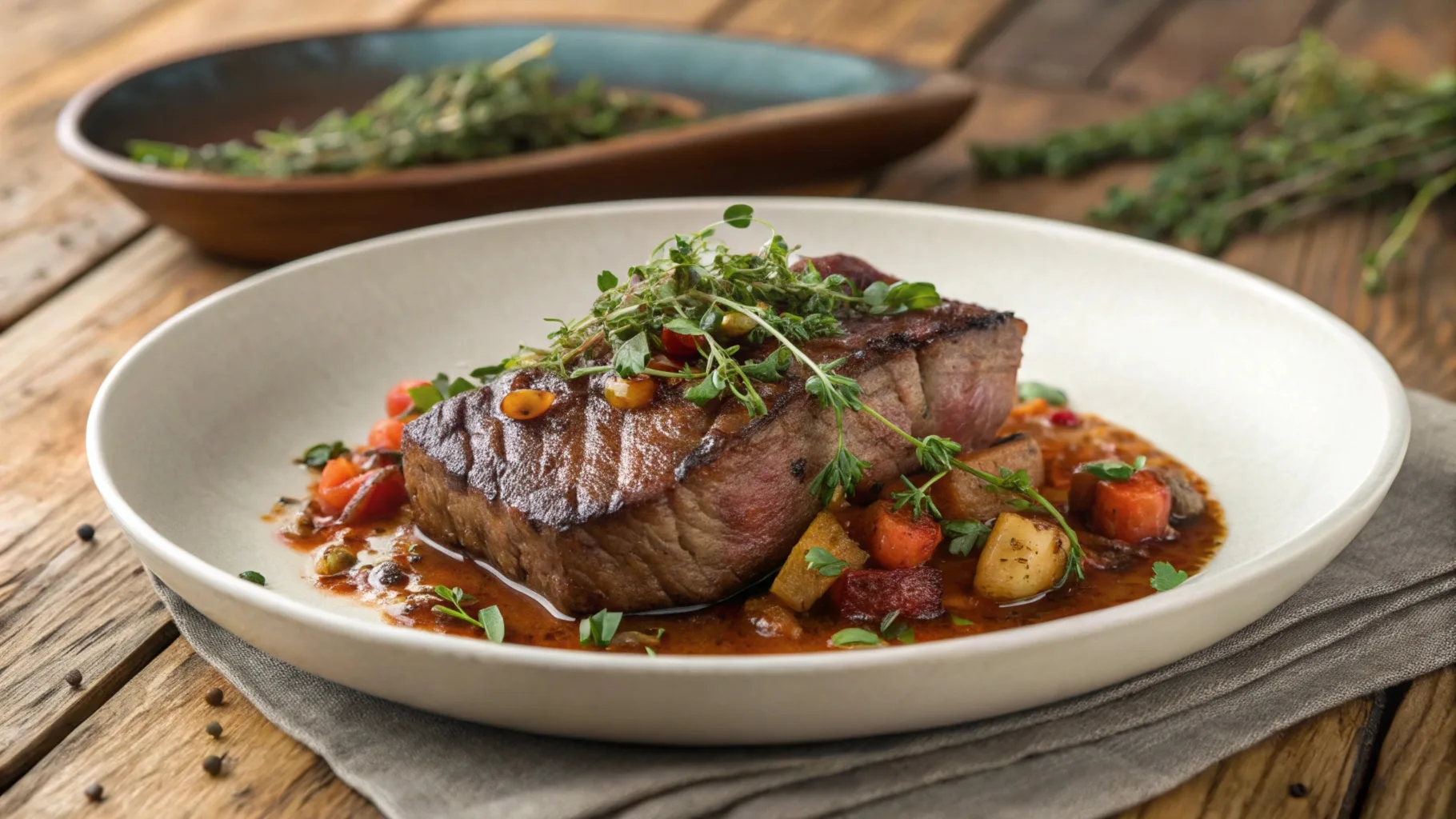Goat meat, also known as chevon, has been cherished across the globe for its unique flavor, nutritional richness, and culinary versatility. Yet, it’s often overshadowed by other red meats like beef or lamb. This article dives deep into the world of chevon, exploring its significance, health benefits, preparation techniques, and much more. From traditional recipes to sustainability factors, we’ll uncover why goat meat deserves a spot in your kitchen.
Introduction to Chevon
Definition and Terminology
The term chevon refers to meat from mature goats, derived from the French word “chèvre,” meaning goat. While chevon typically signifies meat from adult goats, you might also come across terms like cabrito and kid meat, which are used for meat from younger goats. These distinctions not only affect flavor but also influence texture and cooking methods.
Unlike lamb or mutton, chevon is leaner and has a distinct, slightly gamey taste. Its appeal lies in its balance of boldness and versatility, making it a favorite in diverse cuisines worldwide.
Global Consumption of Goat Meat
Did you know that goat meat is one of the most widely consumed proteins in the world? It’s a staple in the Middle East, Africa, South Asia, and the Caribbean. Countries like India, Nigeria, and China are leading consumers of this protein-packed meat.
Despite its popularity globally, chevon remains underutilized in Western countries, often viewed as a specialty or ethnic food. However, growing interest in diverse and sustainable diets has shone a spotlight on its culinary and nutritional potential.
In comparison to beef or pork, goat meat is lower in fat, making it a healthier option for those seeking a lean yet flavorful protein source. This nutritional edge has contributed to its rising popularity among health-conscious individuals and chefs alike.
Let’s move forward to explore the nutritional powerhouse that is chevon.
Nutritional Profile of Goat Meat
Macronutrient Composition
When it comes to nutrition, goat meat chevon packs a powerful punch. Rich in high-quality protein, it provides all the essential amino acids your body needs for muscle repair and growth. For every 100 grams of chevon, you get roughly 20–25 grams of protein, making it an excellent choice for a protein-rich diet.
Moreover, chevon is significantly lower in fat than other red meats like beef or pork. With only about 3 grams of total fat per 100 grams, it’s ideal for people watching their fat intake. Interestingly, the fat content is also composed of more unsaturated fats, which are healthier for your heart.
Vitamins and Minerals
Goat meat isn’t just about protein and low-fat goodness—it’s also brimming with essential vitamins and minerals. It’s a great source of vitamin B12, which supports healthy nerve function and red blood cell production. Additionally, you’ll find vitamin B6, which helps your metabolism hum along smoothly.
Minerals? Absolutely! Chevon boasts high levels of iron, essential for preventing anemia and maintaining energy levels. Plus, it’s rich in potassium and low in sodium, which makes it a heart-friendly option.
Health Benefits
The health perks of eating goat meat chevon are undeniable. Compared to other red meats, its low cholesterol levels make it a safer choice for those concerned about heart health. Additionally, its lean profile is perfect for weight management while still delivering essential nutrients.
Given its nutritional value, it’s no surprise that many people are swapping heavier red meats for chevon. Whether you’re focusing on fitness, managing your cholesterol, or simply eating healthier, goat meat fits the bill.
Culinary Uses and Preparation Methods
Popular Goat Meat Dishes Worldwide
From tender curries in India to rich stews in Nigeria, goat meat chevon takes center stage in countless traditional dishes. In Jamaica, the iconic goat curry is spiced with bold flavors, while Moroccan tagines showcase its versatility with sweet and savory pairings.
In Mexico, cabrito asado—roast goat—is a culinary delight, especially during festive gatherings. In the Middle East, slow-cooked chevon shines in biryanis and kebabs, offering a delightful blend of spices and succulence.
Cooking Techniques
Cooking chevon to perfection requires a bit of care, but the results are worth the effort. To ensure tenderness, marinating is key. Use yogurt, vinegar, or citrus-based marinades to break down the fibers and infuse flavor.
When it comes to cooking methods, chevon adapts beautifully. Braising and stewing are popular choices for unlocking its rich, hearty flavor. Grilling and roasting are also excellent for creating crispy, caramelized edges while keeping the meat juicy inside.
Flavor Profile and Pairings
So, what does goat meat chevon taste like? It’s slightly gamey but not overpowering, with a depth of flavor that stands out in any dish. Pair it with bold spices like cumin, coriander, or paprika, or balance it with herbs like rosemary and thyme.
For sides, think about hearty accompaniments like roasted vegetables, rice, or flatbreads. Goat meat’s versatile taste allows it to shine in a variety of culinary styles, from rustic and traditional to modern and experimental.
Ready to try cooking chevon yourself? Stay tuned as we explore its market availability and sustainability in the next sections!
Market Availability and Purchasing Tips
Where to Buy Goat Meat Chevon
Finding goat meat chevon can be a bit of a treasure hunt, but it’s becoming more accessible. Ethnic markets, particularly those catering to Middle Eastern, African, or Caribbean communities, often stock fresh or frozen chevon. Farmers’ markets are another excellent source, especially in areas with diverse culinary traditions.
For those who prefer online shopping, several specialty meat suppliers offer chevon with delivery options. Websites dedicated to sustainable and exotic meats frequently include goat meat in their selections. When purchasing online, ensure the supplier follows proper handling and shipping practices to maintain meat quality.
Selecting Quality Cuts
Choosing the right cut of chevon is crucial for your culinary success. For quick-cooking methods like grilling or sautéing, opt for tender cuts such as the loin or rib chops. These areas are naturally tender and respond well to high-heat cooking.
If you’re planning a slow-cooked stew or braise, shoulder and leg cuts are ideal. These tougher sections become tender and flavorful when cooked low and slow. Always look for meat that is firm to the touch, with a fresh, mild scent. Avoid cuts that appear dry or have an off-putting odor, as these may indicate spoilage.
Pricing Considerations
The cost of goat meat chevon can vary based on factors like region, cut, and whether the meat is from a specialty or conventional source. Generally, chevon may be slightly more expensive than common meats like beef or chicken, primarily due to its niche market status.
However, considering its nutritional benefits and unique flavor, many find it worth the investment. Purchasing in bulk or directly from local farmers can sometimes offer cost savings. Additionally, exploring different cuts, including less traditional ones, can provide more economical options without compromising on taste.
For more delicious recipes, check out our recipe article.
Sustainability and Ethical Considerations
Environmental Impact of Goat Farming
Raising goats for meat is often considered more environmentally sustainable compared to other livestock. Goats are natural browsers, meaning they feed on a variety of plants, including shrubs and weeds, which can help manage overgrown land and reduce the need for chemical herbicides. Their grazing habits can promote biodiversity and improve soil health.
Moreover, goats require less water and feed compared to larger livestock like cattle, resulting in a smaller carbon footprint. Their ability to thrive in diverse climates and terrains makes them a versatile choice for sustainable meat production.
Ethical Farming Practices
When choosing goat meat chevon, it’s important to consider the farming practices behind the product. Ethical goat farming emphasizes humane treatment, including adequate space, proper nutrition, and minimal stress for the animals. Sourcing meat from farms that prioritize animal welfare ensures that the goats are raised in healthy, humane conditions.
Look for certifications or information indicating that the meat comes from farms adhering to ethical standards. Supporting such practices not only contributes to animal welfare but also often results in higher-quality meat.
Supporting Local and Sustainable Agriculture
Purchasing chevon from local farmers or markets supports sustainable agriculture and your local economy. Local sourcing reduces the environmental impact associated with long-distance transportation and often means the meat is fresher.
Engaging with local producers allows consumers to learn more about farming practices and make informed choices about the meat they consume. By choosing sustainably and ethically raised goat meat, consumers can enjoy this delicious protein while contributing to environmentally friendly and humane farming practices.
For more delicious recipes, check out our recipe article.
Cooking Tips and Recipe Inspiration
Preparing Goat Meat Chevon for Cooking
Before diving into recipes, prepping goat meat chevon correctly is essential for the best results. Since it’s naturally lean, marinating the meat is crucial for enhancing tenderness and flavor. Use ingredients like yogurt, lemon juice, or vinegar in your marinade to break down tough fibers and infuse the meat with a burst of taste.
Trim away any excess fat if you prefer a milder flavor, as the fat in goat meat can have a strong, gamey taste. For soups or stews, leave some fat on to deepen the flavor during slow cooking.
Thaw frozen chevon in the refrigerator overnight for even defrosting. Avoid rushing the process by leaving it at room temperature, as this can lead to uneven cooking and potential safety issues.
Easy Goat Meat Recipes
If you’re new to cooking goat meat chevon, start with simple recipes to familiarize yourself with its flavor and cooking characteristics.
- Goat Curry: A classic dish from India, goat curry combines tender chevon with a rich, spiced tomato-based sauce. It’s perfect with steamed rice or flatbreads.
- Goat Stew: Slow-cooked with vegetables, herbs, and broth, goat stew is a hearty and comforting meal for chilly days.
- Grilled Goat Chops: Marinate goat chops in olive oil, garlic, and rosemary, then grill them to perfection for a quick, flavorful dish.
- Moroccan Tagine: Pair goat meat with dried fruits, almonds, and aromatic spices in a traditional Moroccan tagine for a sweet and savory experience.
Learn more about why goat meat is called Chevon.
Frequently Asked Questions (FAQs)
Is Goat Meat Healthier Than Other Red Meats?
Yes, goat meat chevon is generally healthier than many other red meats. It’s lower in fat and cholesterol while providing a comparable amount of protein. This makes it a great choice for heart health and weight management.
How Do I Reduce the Gamey Taste of Goat Meat?
To reduce the gamey taste of goat meat chevon, marinate it with acidic ingredients like lemon juice, vinegar, or yogurt. These help neutralize the strong flavors. Cooking with bold spices or herbs like garlic, ginger, and rosemary can also balance the taste.
What’s the Best Way to Cook Goat Meat?
The best cooking method depends on the cut. Tender cuts like loin or rib chops are ideal for grilling, while tougher cuts like the shoulder or leg shine in slow-cooked dishes like stews and braises.
Where Can I Buy High-Quality Goat Meat?
You can purchase goat meat chevon from ethnic markets, farmers’ markets, and online specialty suppliers. When buying, look for fresh cuts with a mild scent and firm texture to ensure quality.
For more cooking tips and recipes, check out our curated collection on Eaty Recipes.

